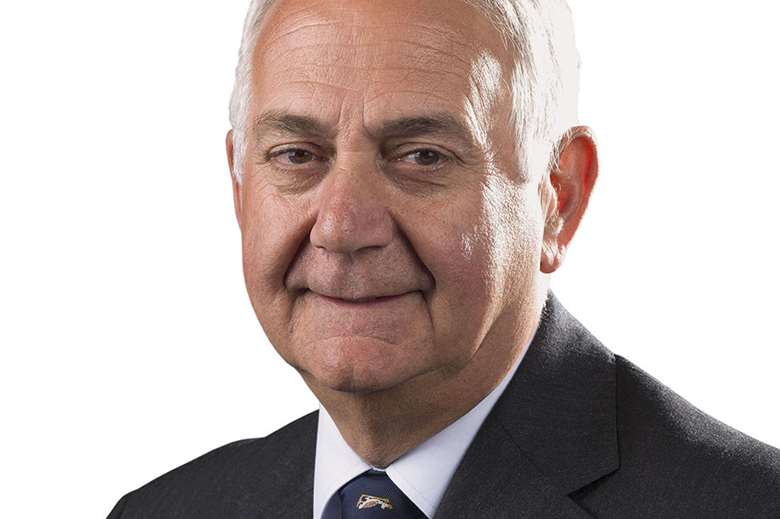Interview: Professor Nigel Hunt
Monday, April 17, 2017
Professor Nigel Hunt, dean of the Faculty of Dental Surgery at the Royal College of Surgeons, talks about the need for action on early tooth decay

An analysis of NHS data showed the number of children under four who have had teeth removed has risen over the past ten years…
When a child has to have teeth removed, in many cases this will be because of tooth decay, which is caused by several factors. One of the most significant is excessive sugar consumption. This is something that’s happening from a very early stage in life, and by the time a child reaches five they will consume their own weight in sugar each year.
We also know that a significant number of children aren’t visiting the dentist regularly enough, which means that oral health problems aren’t being picked up. A lot of people may not be aware that children should be visiting the dentist from the age of one, once their first baby teeth come through, to get them comfortable with the experience of going to the dentist.
What effect is this having on children whose milk teeth are being removed early?
Tooth decay impacts children in a number of different ways. First, it causes severe pain and discomfort, often requiring painkillers. This can cause children sleepless nights, and the need for treatment can lead to them missing important time in nursery or school.
Then, if teeth have to be removed, there is the stress of the procedure itself. If your first experience of visiting the dentist involves being in pain because of tooth decay, and culminates in going to hospital to have teeth removed, this creates some very unpleasant associations and could lead to a child developing an aversion to seeing a dentist as they grow up.
Lastly, there are the clinical consequences. Some people take the view that if baby teeth are removed it doesn’t really matter, as in the end they’ll be replaced by permanent ones. But in fact, how teeth are looked after in childhood impacts oral health in adulthood. Baby teeth set the pattern for adult teeth, including tooth decay. Also, when baby teeth are lost early, valuable space for the adult teeth closes and there is a greater chance the adult teeth will be crowded and irregular, requiring orthodontic braces.
What part can nurseries play to reverse this trend?
Nurseries have a crucial role in ensuring children maintain good oral health, as good habits need to be established as early as possible. We’d like to see as many nurseries as possible providing supervised tooth-brushing sessions, so children learn how to brush their teeth properly from an early age. We also think that oral health should be part of early years practitioners’ training and continuing development, so that they can provide the best possible advice to children and parents.




